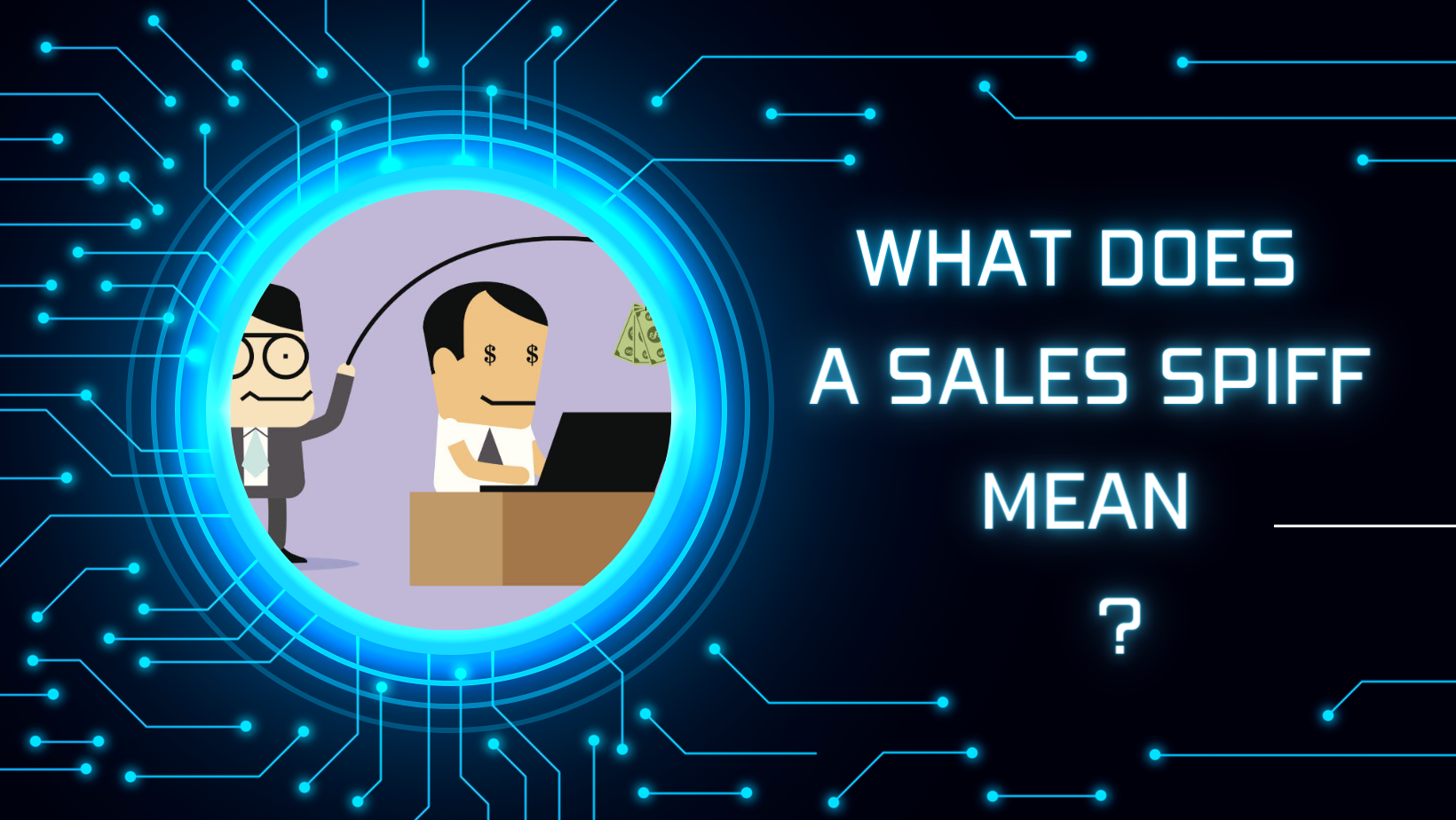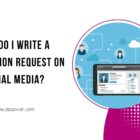An effective sales employee spiff program can motivate sales employees to reach new heights. Not only can it boost morale and encourage healthy competition among sales employees, it can also strengthen company culture.
Before planning a sales spiff program, it’s essential to fully comprehend its meaning and any associated issues. This article aims to outline steps and issues to keep in mind when creating and implementing one.
Motivation
Create an unrealistic sales goal that exceeds the timeframe you set and you risk low morale and trust among team members, leading to poor work performance or possibly increasing employee turnover. To prevent this scenario from occurring, set clear steps on how the sales goal can be completed within your desired timeline and verify if it can actually be accomplished within it.
Sales spiffs can help improve employee motivation and productivity within any organization when used appropriately. Unfortunately, many sales managers get carried away when it comes to giving these perks; many become overzealous with giving gifts without taking into account that people generally desire four things: status, power, access and stuff.
Spiffs can be an excellent way to meet short-term sales objectives, like increasing overall sales in Q4. Their immediate delivery can make them more effective than monthly bonuses and make a positive statement about company commitment and sales achievement.
Make your spiff program more effective by setting clear criteria and goals for all sales employees, tracking success metrics and making necessary adjustments for future programs. An ideal tool to collect data and visualize progress for sales employees would be using CRM software or sales performance management tool as this allows teams to learn from previous experiences while tracking them effectively.
Teamwork
Teamwork within your sales department is of utmost importance for maintaining motivation, morale and meeting their goals together. In addition, teamwork allows sales representatives to build stronger relationships with customers – something which benefits your business immensely.
Gift cards can be an effective way to motivate your sales team to work harder and achieve their goals, with easy administration and tracking capabilities making them ideal for use as incentives in a sales spiff program. Plus, their wide array of options makes them more motivational than cash bonuses or generic prizes!
Step one in designing an effective spiff program is understanding your sales goals and objectives. Define exactly what actions your team members should perform, such as clearing old product lines prior to new ones arriving or upselling software subscriptions with premium customer support packages. Furthermore, select rewards which are desirable while not exceeding budget limitations.
Make sure that your sales spiff program is accessible to all employees regardless of hierarchy or seniority; this will help eliminate bias and boost productivity among your sales team. When implementing such an incentive plan, be sure to measure and assess its results so as to gauge whether it has been effective in driving forward sales growth.
Rewarding Performance
No matter your sales goals – whether that is driving sales growth, customer acquisition or upselling – incentives can help your team meet them more easily. A sales incentive could take the form of cash, merchandise or even prepaid cards which have an advantage of being less susceptible to fraud and theft while being easier to track online.
Effective spiffs require clear communication of both goals or targets and how to meet them, along with specific steps necessary for earning rewards. They should also have a short-term timeline; for instance, offering a bonus of $1,700 to anyone bringing in 50 leads this quarter should state this clearly in terms of when it ends.
Rewarding employees’ performance in sales environments is vital to keeping them engaged and motivated, yet it’s essential that businesses evaluate how spiff programs affect your business environment to avoid creating an unpleasant work environment. For instance, if one employee might win and another might lose, team members could withdraw from participating entirely and disrupt productivity levels.
To prevent this from happening, introduce other rewards that are less lucrative than the top prize and create an atmosphere of encouragement and support that keeps team members focused on their tasks at hand.
Effectiveness
Understanding what motivates your sales team is key to creating an incentive program that works. This could range from cash bonuses and gift cards, all the way through to vacation packages – just be sure to align these incentives with your sales goals, budget and bottom line results if necessary. And never forget to measure results; if nothing appears in return it may be time for change!
Setting up a spiff program involves outlining clear steps for sales employees to follow in order to reach the goal. Furthermore, set an approximate timeline and make sure everyone involved knows exactly what this means – for instance if the goal is 50 leads per quarter then that should be communicated as part of the goal setting process.
Sales is often an intense, demanding environment that demands a lot from employees, which can easily cause them to tire of working and lose motivation. A well-crafted spiff can be used as a motivator and help employees meet sales goals more rapidly while encouraging healthy competition in the workplace. When used appropriately, it may even increase customer loyalty while simultaneously encouraging healthy competition within it – although any changes to an existing commission structure should be avoided as doing so could create confusion and mistrust among sales employees.







